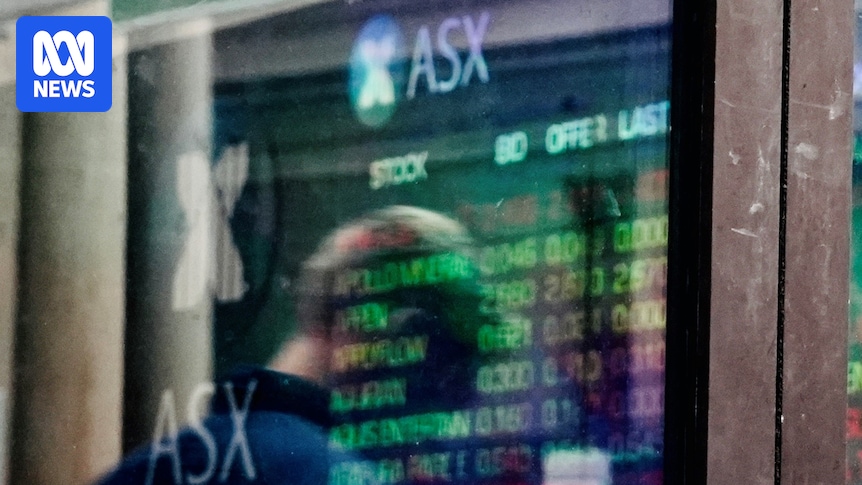
Nvidia has announced a landmark investment of up to $US100 billion in OpenAI, marking a significant alliance between two of the most prominent players in the global artificial intelligence sector. This strategic partnership, revealed on Monday, will see Nvidia supplying OpenAI with cutting-edge data center chips, underscoring the increasingly intertwined ambitions of tech giants in the AI domain.
The move positions Nvidia with a financial interest in OpenAI, a leading force in AI innovation and a key customer for Nvidia’s advanced chips. For OpenAI, the influx of capital and access to Nvidia’s hardware is crucial for maintaining its competitive edge in a rapidly evolving market. However, the collaboration may raise concerns among competitors about potential monopolistic practices.
Nvidia and OpenAI: A Strategic Partnership
The deal, according to a source close to OpenAI, involves two interconnected transactions. Nvidia will initially invest in OpenAI through non-voting shares, enabling OpenAI to purchase Nvidia’s chips with the funds. “Everything starts with compute,” stated OpenAI CEO Sam Altman. “Compute infrastructure will be the basis for the economy of the future, and we will utilize what we’re building with Nvidia to both create new AI breakthroughs and empower people and businesses with them at scale.”
The companies have signed a letter of intent to deploy at least 10 gigawatts of Nvidia systems for OpenAI, with plans to finalize the partnership details in the coming weeks. The power required for these chips is equivalent to the energy needs of over 8 million US households.
Implications for the Tech Industry
Once a definitive agreement is reached, Nvidia will make an initial $US10 billion investment, with the first gigawatt of computing power expected to be operational by late 2026 on Nvidia’s new platform, Vera Rubin. This development is poised to significantly influence the AI landscape, potentially reshaping how AI technologies are developed and deployed globally.
Meanwhile, Wall Street reacted positively to the news, with all three major indexes posting record closing highs for the third consecutive session. Nvidia shares surged following the investment announcement, while Apple shares also rose after Wedbush increased the stock’s target price due to strong demand for the iPhone 17.
Economic Context and Market Reactions
The announcement comes amid a backdrop of economic uncertainty, with some Federal Reserve officials expressing skepticism about the need for further interest rate cuts. Last week, the Fed reduced rates by 25 basis points, with indications of more cuts at upcoming meetings. However, Fed Governor Stephen Miran, who dissented on the recent rate cut, suggested that monetary policy is already restrictive.
Oliver Pursche, senior vice president and advisor for Wealthspire Advisors, commented on the market’s current state: “There needs to be a catalyst for stocks to move materially higher, and markets appear to be kind of ignoring potential headwinds.”
Adding to investor concerns, US President Donald Trump’s new visa fees for foreign workers have drawn widespread criticism from technology executives, potentially impacting the tech industry’s labor dynamics.
Global Market Impact
The ripple effects of the Nvidia-OpenAI partnership are also being felt in global markets. The Australian share market is set to rise, buoyed by Wall Street’s rally. As of 7:00 am AEST, ASX futures were up 16 points or 0.2%, with the Australian dollar slightly down at 65.94 US cents. In commodities, Brent crude oil was trading at $US66.59 a barrel, and spot gold saw a significant gain of 1.7% to $US3,745.
This strategic alliance between Nvidia and OpenAI not only highlights the competitive nature of the AI industry but also sets a precedent for future collaborations among tech giants. As the details of the partnership are finalized, the global tech landscape may witness further shifts, with potential implications for innovation, market dynamics, and regulatory scrutiny.







